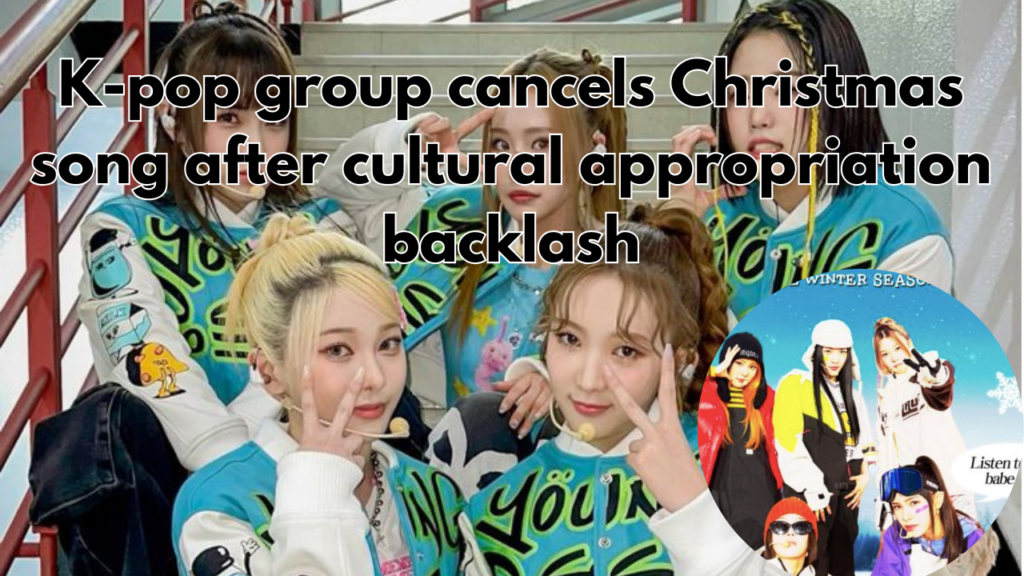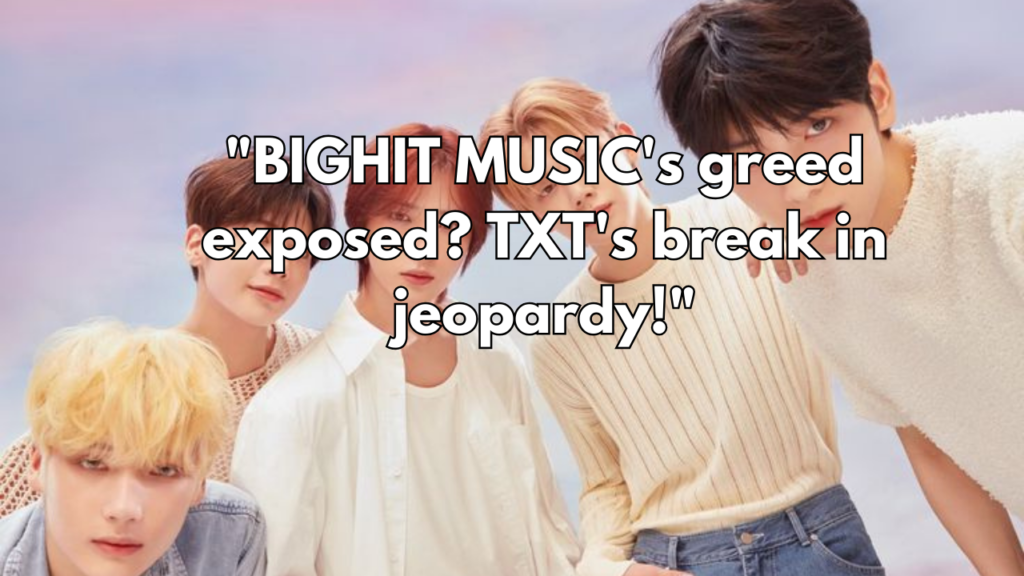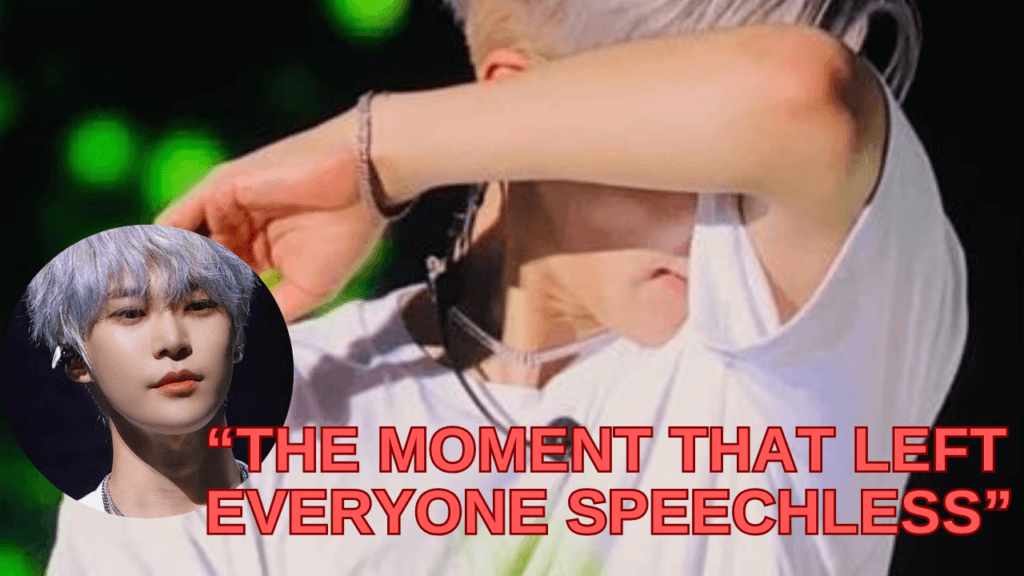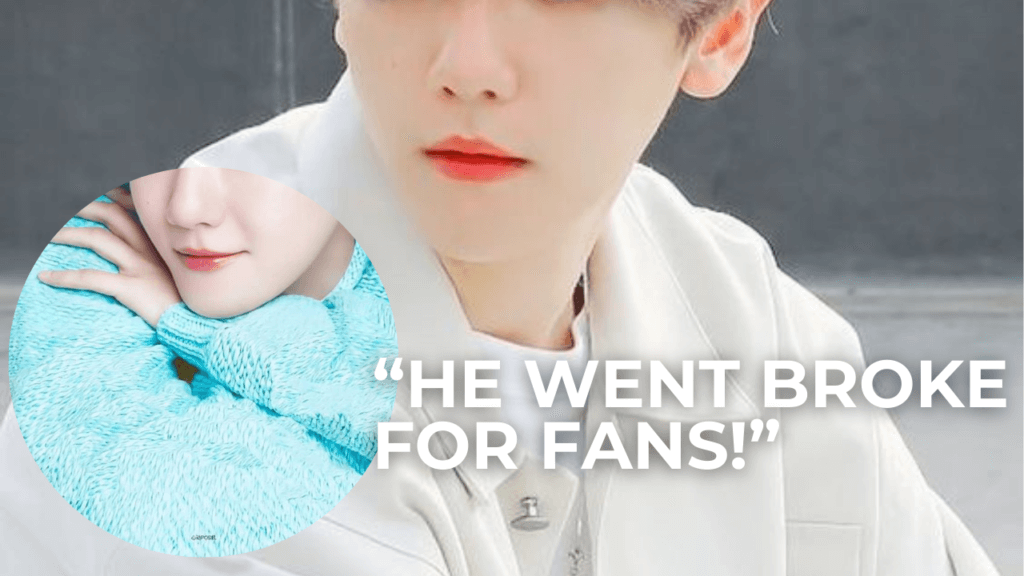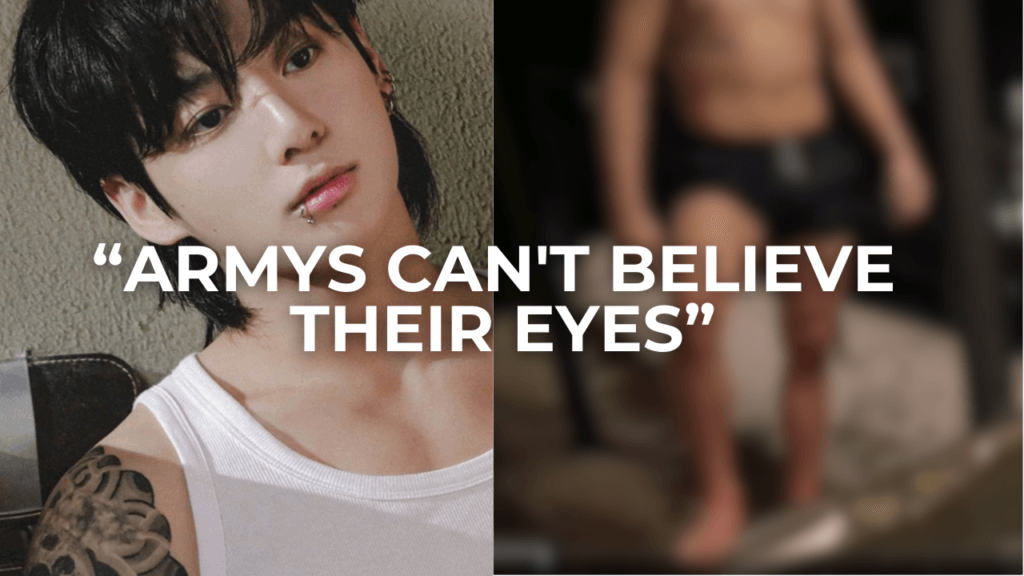K-pop group YOUNG POSSE has made headlines recently due to their decision to cancel the release of a Christmas song titled “Santa Claus is coming to hood.” This move comes after widespread backlash from fans and netizens who felt the title was culturally insensitive.
The controversy surrounding this incident highlights the complex relationship between artistic expression and cultural sensitivity in the K-pop industry. It raises important questions about the boundaries of creativity versus cultural appropriation, and how these issues play out in the global entertainment landscape.
The Controversy
DSP Media and BEATS Entertainment announced that YOUNG POSSE would release “winter season songs,” including “Street Carol… (With John Park)” and “Santa Claus is coming to hood.” However, these titles sparked controversy among K-pop fans and social media users.
The main issue was with the song “Santa Claus is coming to hood,” which many saw as appropriating and mocking Black culture and stereotypes. As a group heavily influenced by hip-hop, YOUNG POSSE’s choice of lyrics raised questions about cultural sensitivity and artistic expression.
This incident isn’t isolated; similar controversies have plagued the K-pop industry before. For instance, in 2019, BTS faced criticism for their music video “On,” which some interpreted as culturally insensitive due to its use of African-inspired imagery. These incidents highlight the growing awareness among K-pop fans and the industry itself regarding cultural appropriation.
Company Response and Changes
In response to fan opinions and criticism, DSP Media and BEATS Entertainment made a surprising change. They announced that they would no longer include the song “Santa Claus is coming to hood” on YOUNG POSSE’s album. On the other hand, “Steet Carol,” a collaboration with John Park, will be released as planned on December 13, ahead of the group’s scheduled fan event.
The companies also edited the cover art, changing the lyrics from “Santa claus is coming to hood” to “Listen to me babe.” This swift action demonstrates the importance of listening to fan feedback and adapting to public opinion in the digital age.
Industry experts suggest that this decision may set a precedent for future releases. “It’s crucial for entertainment companies to be proactive in addressing fan concerns and making necessary adjustments,” says K-pop critic, Sarah Kim. “This move shows that they value their audience’s input and are willing to make changes when appropriate.”
Fan Reactions
Netizens have mixed reactions to this situation. Some are glad that the companies listened to fan feedback and made changes to the upcoming album. Others wonder how “Santa Claus is coming to hood” was approved in the first place.
While many respect YOUNG POSSE’s hip-hop influence, they wish that going forward, the group can continue to express their style without appropriating or mocking other cultures. “I love YOUNG POSSE’s music, but this incident made me realize how important it is for artists to be mindful of cultural implications,” says fan Emily Lee.
Some fans argue that the controversy stems from a lack of understanding between different cultures. “K-pop groups often incorporate elements from various cultures into their music and performances,” explains fan David Park. “However, it’s crucial to ensure that this incorporation is respectful and not exploitative.”
Conclusion
This incident highlights the importance of cultural sensitivity in the entertainment industry. It also raises questions about artistic freedom versus public opinion in K-pop. As fans, we should encourage artists to explore different styles while being mindful of potential cultural implications.
Moreover, this controversy underscores the need for better education and training within the K-pop industry regarding cultural diversity and sensitivity. It’s not just about avoiding controversy, but about fostering genuine cross-cultural understanding and appreciation.
What do you think about this situation? Should artists have more freedom to experiment with different themes and styles, even if it means risking controversy? Share your thoughts in the comments below!

